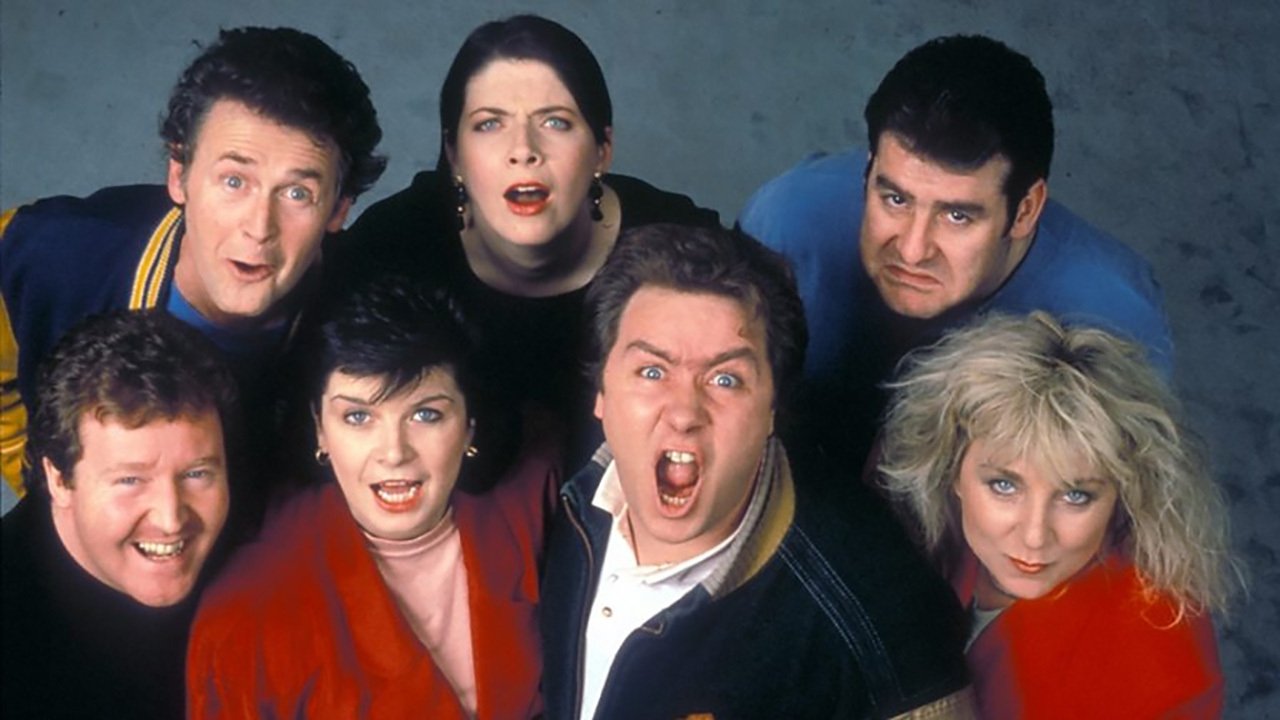

BBC Two
Featured Show:
Naked Video
Naked Video was a BBC Scotland comedy series, broadcast between 1986 and 1991 on BBC2, the series was created by Colin Gilbert who also created A Kick Up the Eighties and Naked Radio.
BBC Two TV Shows
1963 shows • Page 83 of 99

Naked Video
Naked Video was a BBC Scotland comedy series, broadcast between 1986 and 1991 on BBC2, the series was created by Colin Gilbert who also created A Kick Up the Eighties and Naked Radio.
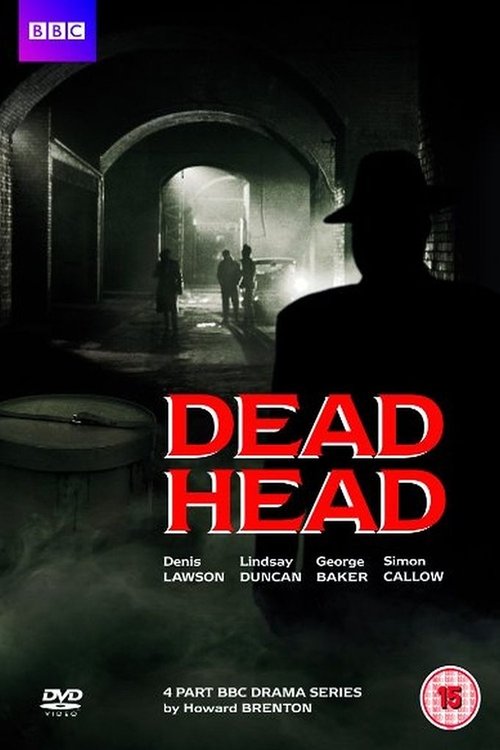
Dead Head
London based petty crook, Eddie Cass agrees to pick up a package and courier it across the capital. When nobody answers the door at the drop off address Eddie opens the package and finds a woman’s severed head in a hatbox. He panics and dumps it in the River Thames. Returning home Cass is kidnapped by the mysterious Eldridge and his heavies who inform Eddie that he has been framed for the murder.
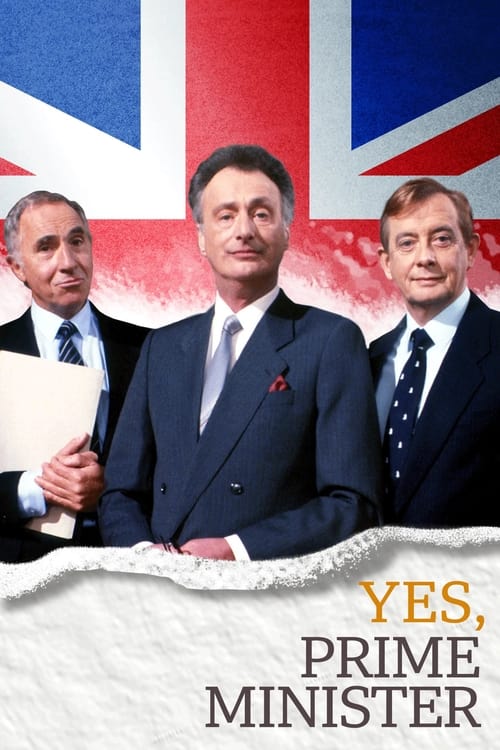
Yes, Prime Minister
James Hacker MP the Government's bumbling minister for Administrative Affairs is propelled along the corridors of power to the very pinnacle of politics - No. 10. Could this have possibly have been managed by his trusted Permanent Private Secretary, the formidably political Sir Humphrey Appleby who must move to the “Top Job” in Downing Street to support him, together with his much put upon PPS Bernard Wolley. What could possibly go wrong?
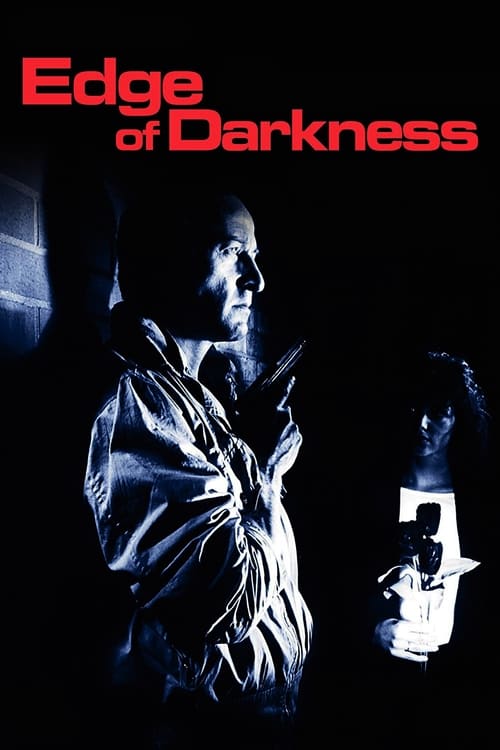
Edge of Darkness
Yorkshire detective Ronald Craven is haunted by the murder of his daughter and begins his own investigation into her death.
 0
0The Journey
A series of ten programmes featuring playwright Peter Terson and reporter Dennis Skillicorn as they travel by gypsy wagon along the old pilgrims' route from Winchester to Canterbury.
 0
0Theatre Night
A series of dramas featuring staged theatre plays.

The New Statesman
George Vance, custodian of an agricultural museum near Aylesbury, receives news that is about to change his life. Much to his surprise, George inherits the Earldom of Ynys Enlli.

The Triumph of the West
Hosted by historian John Roberts, the series focuses on the origins and evolution of Western civilization, and the transformative challenges and influence it has exerted on the rest of the world, including the socio-economic, political, and cultural movements that helped shape history.
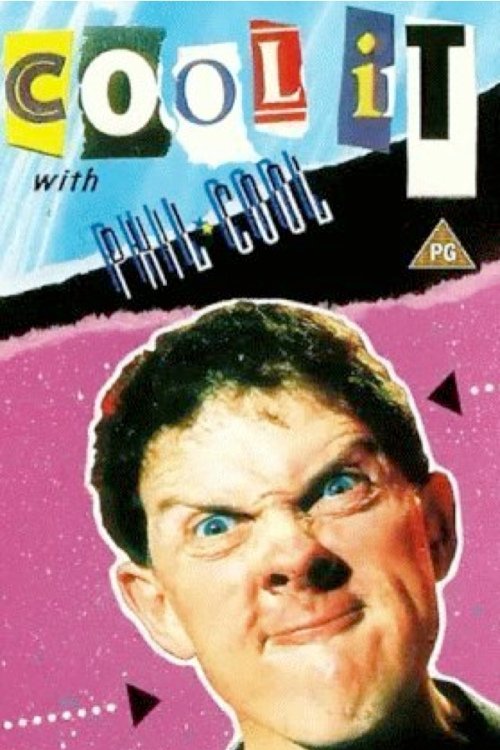
Cool It
Cool It is a British television comedy series which first aired on BBC Two between 1985 and 1990. It was a vehicle for the rubber-faced comedian Phil Cool. Whereas in 1985 there were irritating comedians, Cool was an "irritating impressionist" and would impersonate some of the most famous figures of the day. But these wouldn't be just vocal Impressions of the intended victims, they would be full-fledged and extremely accurate facial expressions too, with Cool being able to contort his rubbery features into a caricature semblance of whoever he was impersonating. Sometimes so uncanny was this facial transformation that he didn't need any sketch material or props to back him up and could rely solely on the transformation. Impressions ranged from political/important figures such as Robin Day, Roy Hattersly, Arthur Scargill, Neil Kinnock, The Pope and Ronald Reagan. To popular celebrities, comedians and musicians such as Mick Jagger, Bryan Ferry, Mike Harding, Terry Wogan, Billy Connolly, Clive James, Rik Mayall and his signature impression Rolf Harris. Fictional characters like Quasimodo, Bugs Bunny and E.T were also impersonated; Cool even created personalities for inanimate objects such as Morris Minors and Volkswagen Beetles.
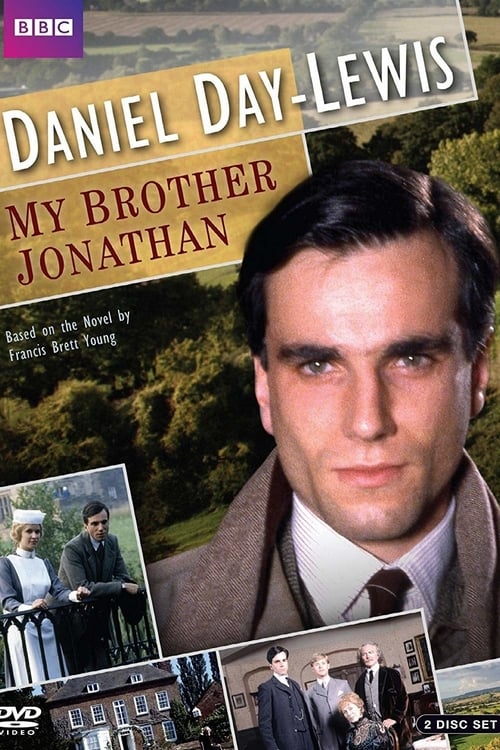
My Brother Jonathan
My Brother Jonathan is a 1985 BBC five part mini-series that relates the story of an idealistic doctor, Jonathan Dakkers, in the coal country of England during the period around WW1 and a love triangle.

Bleak House
Bleak House is BBC television drama first broadcast in 1985. The serial was adapted by Arthur Hopcraft from Charles Dickens' novel Bleak House and it was the second adaptation by the BBC.
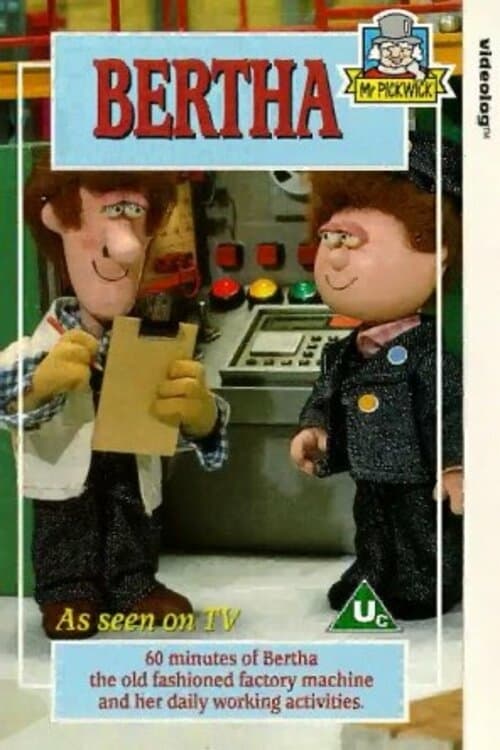
Bertha
Bertha is a British stop motion-animated children's television series about a factory machine of that name, comprising 13 episodes that aired from 1985 to 1986. Other major characters in the series were Mr Willmake, Mr Sprott and Tracy. All the characters were designed by Ivor Wood, and the series was produced by his company, Woodland Animations. It was broadcast on BBC Television. A series of six storybooks based on Bertha was published by André Deutsch at the same time as the series was broadcast. They were adapted by Eric Charles and illustrated by Steve Augarde, who was also responsible for the artwork and music in the children's series Bump.
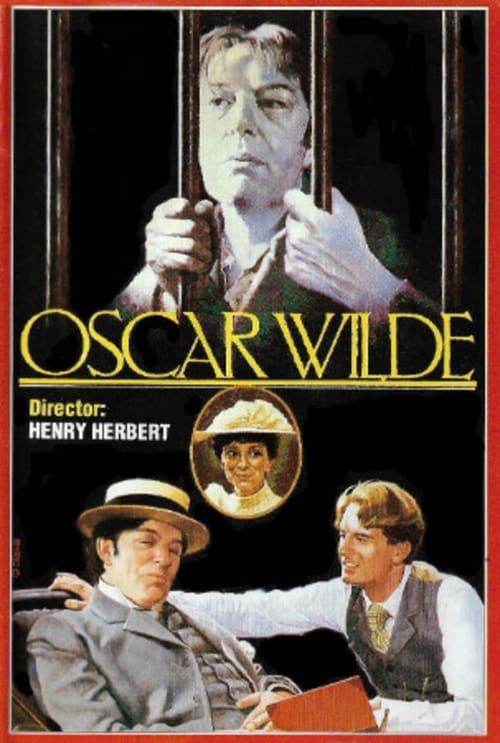
Oscar
In the summer of 1891, Oscar Wilde first met Lord Alfred Douglas — an encounter that will dramatically and tragically change both of their lives.
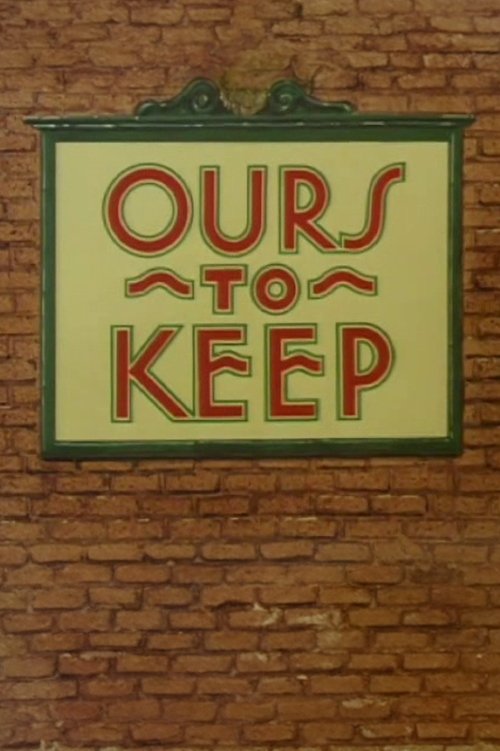 0
0Ours to Keep
Six films about people determined to defend historic buildings against the destructive effects of social change and market forces.
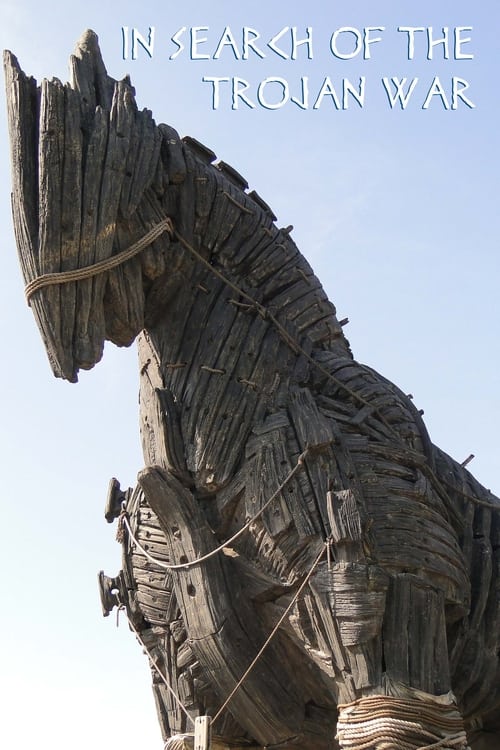
In Search of the Trojan War
Michael Wood examines how far the historical and archeological evidence matches with the tale of the Trojan War.
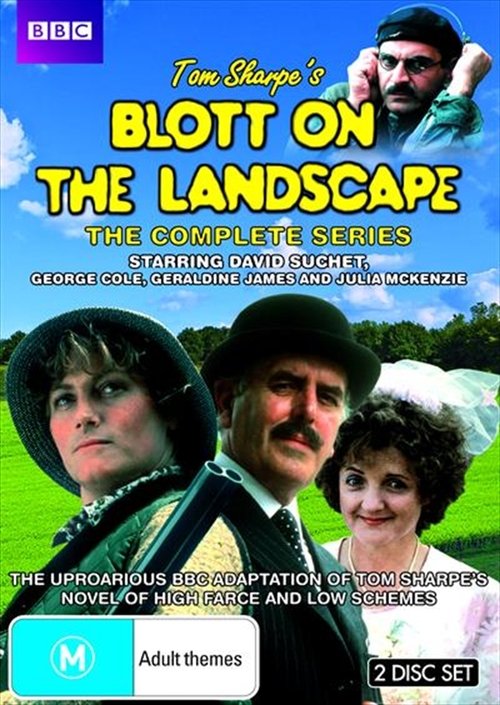
Blott on the Landscape
A thwarted Lady Maud runs off to her solicitor to start divorce proceedings and that gives Sir Giles his bright idea-why not run the proposed bypass for the area through their very own Cleene Gorge, thereby wrecking Lady Maud's ancestral home and copping rather a lot of compensation from the government to boot? Witness the frolics of the bumbling dundridge - the Y-front clad man from the ministry, Sir Giles' versatile Mrs Forthby - Mediterranean harlot and naughty schoolgirl extraordinaire, not forgetting Blott himself, gardener and mystery man, casting his enigmatic eye over the eccentricities of the great British aristocracy... Starring, George Cole, Geraldine James, David Suchet, Simon Cadell and Julia McKenzie
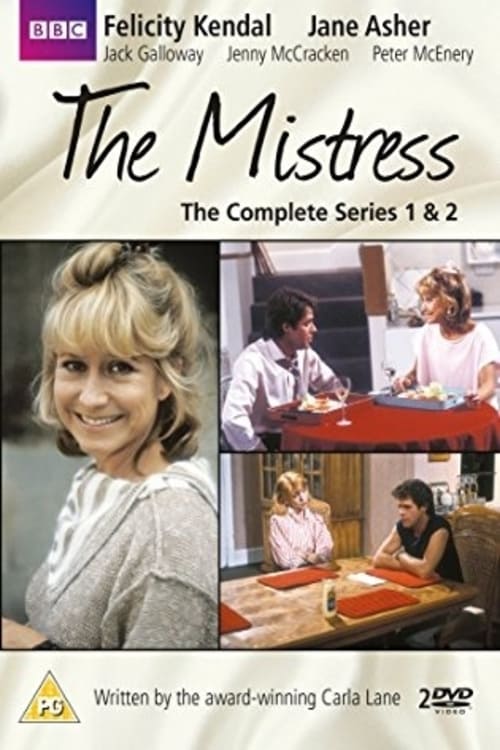
The Mistress
The Mistress is a British sitcom that aired on BBC2 from 1985 to 1987. Starring Felicity Kendal and Jane Asher, it was written by Carla Lane. The Mistress features Kendal playing Maxine, a young florist who is having an affair with a married man, whose wife was played by Jane Asher. It was disliked by some viewers, who were unhappy at seeing Felicity Kendal, who was best known as the innocent Barbara Good, playing a woman sleeping with someone else's husband.
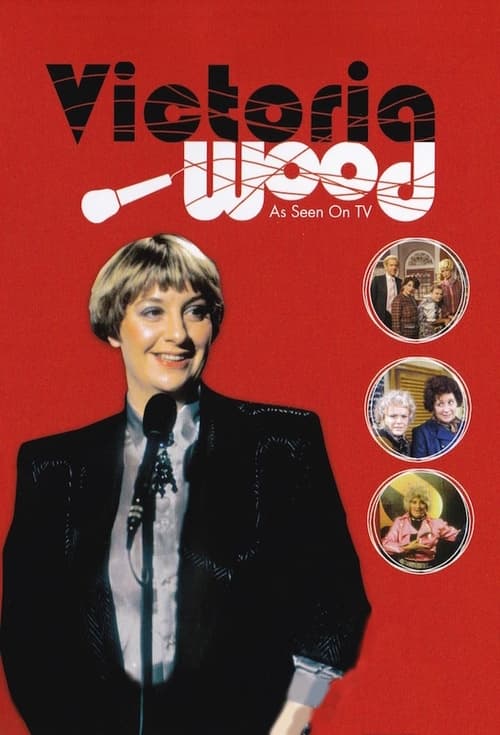
Victoria Wood: As Seen on TV
Victoria Wood: As Seen on TV is a British sketch comedy series created by and starring comedian Victoria Wood with Julie Walters, Celia Imrie, Duncan Preston, Susie Blake and Patricia Routledge. The show broadcast on BBC Two between 1985 and 1987, and included sketches that became famous in the United Kingdom; these included one-offs like Two Soups and regular features such as Acorn Antiques, as well as musical performances by Wood including her most well-known number, The Ballad of Barry and Freda.
 0
0Anna of the Five Towns
Anna Tellwright lives in the Pottery District in Staffordshire with her young stepsister Agnes & father Ephraim, who is a wealthy man, but a miser. Anna attends the Methodist Church, but their strict rules & her father's thumb on everything she & Agnes do creates a longing for freedom. At 21, she inherits her grandmother's estate & is a now a wealthy young woman.
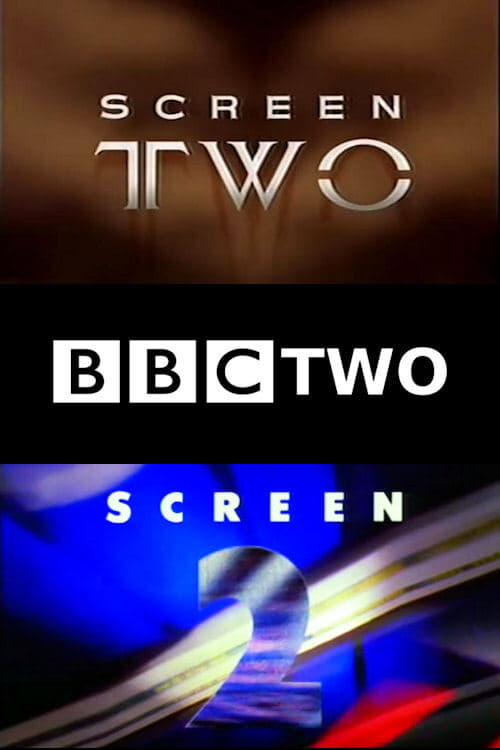
Screen Two
Series of single made-for-television dramas.